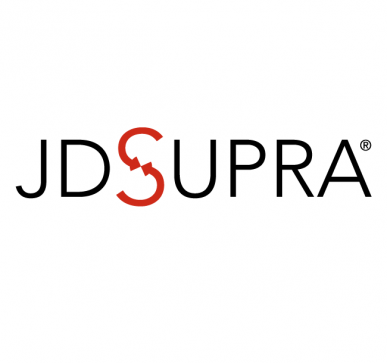Since 2011, IRS has undergone $900 million in budget cuts and has reduced its number of auditors by approximately 25%. Nonetheless, IRS has its eye on the “collections” ball. The Agency has recently benefited from Congressional approval of more efficient collection tools such as:
- Private Debt Collectors: Four credit collection agencies have been assigned the task of chasing delinquent tax debts that IRS is no longer pursuing.
- Passport Restrictions/Cancellations: IRS will send the State Department a list of Taxpayers that owe $50,000.00 or more and don’t have a formalized payment plan with the Agency in place.
- Stricter Application Process for the Offer in Compromise: Taxpayers must have all filings up to date before the application process begins. Taxpayers that are not current in their filings will be automatically rejected and if a down payment has been submitted, the Agency will keep it.
- Expense Limitation increased in Collections Standard: This actually benefits Taxpayers as the Agency analyzes the Taxpayer’s ability to pay delinquent tax debts via an Installment Agreement or Offer in Compromise.
- Taxpayers that owe between $50,000 to $100,000 can get into an Agreement with IRS faster: IRS is providing streamlined processing for installment agreements in this category with repayment terms of up to seven years without having to file detailed financial information. An IRS lien is still included.
- Ability to Self-Serve: A new on-line system allows Taxpayers to view outstanding balances they owe. If the balanced owed is less than $50,000, Taxpayers can apply for a streamlined installment agreement.
IRS has a mission to collect federal taxes that have been reported or assessed but not paid, and to secure tax returns that have not been filed. The failure to comply with appropriate Internal Revenue Code Regulations may result in civil penalties, criminal investigation, fines, prosecution and possible imprisonment.
Delinquent collection activities for IRS were successful during FY 2016. Delinquent amounts collected by the Agency were $37.3 Billion for FY 2016 versus $35.5 Billion during FY 2015. IRS continues to refine its collection strategies in order to maximize the collection of tax monies due.
Don’t be a victim of your own making. Taxpayers that have unpaid tax debt ought to consult with their tax professional in order to enter into an agreement with IRS on unpaid balances. Although IRS is trying to become a “self-serve” agency, Taxpayers should travel the road with the assistance and supervision of a tax professional. The IRS collection process continues evolving.
https://www.jdsupra.com/legalnews/irs-is-looking-more-like-a-self-serve-83526/





